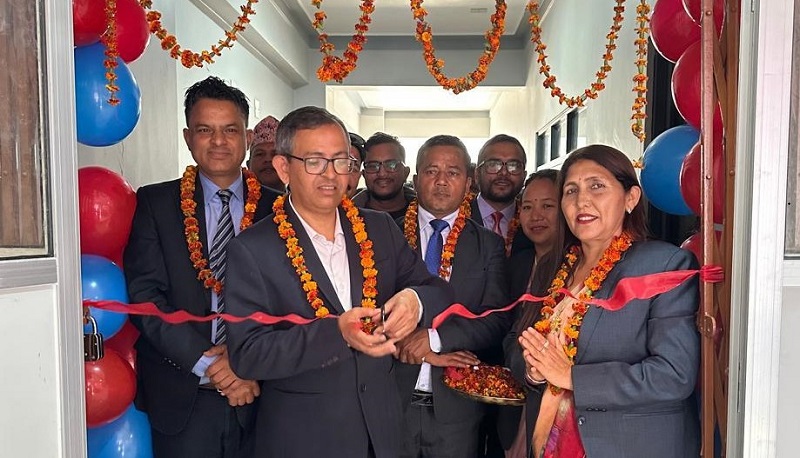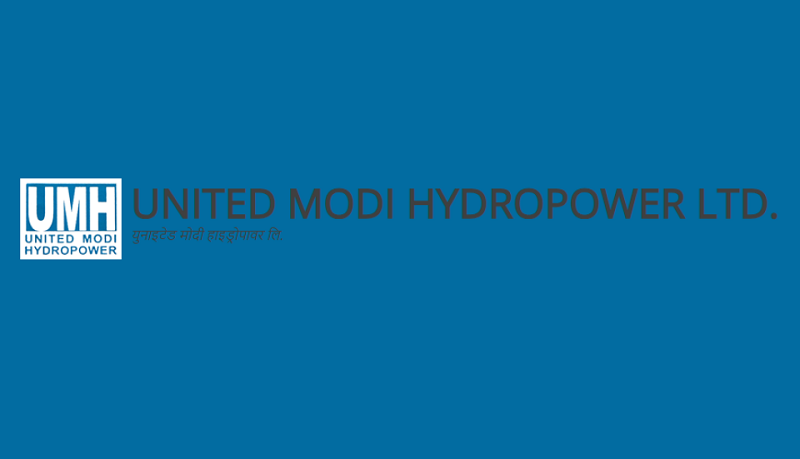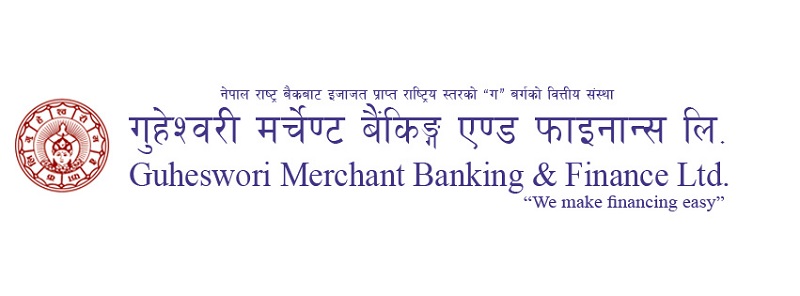Private Hospital Nurses End Strike After Government Pay Parity Deal
Private Nurse Pay Parity
2nd November 2025, Kathmandu
Nurses employed in private medical colleges and hospitals across the country have decided to suspend their protest and return to work.
Private Nurse Pay Parity
This decision follows a successful negotiation with the government regarding their long-standing demand for fair remuneration. The agreement ensures that private sector nurses will receive pay equivalent to their counterparts in government service.
This breakthrough signifies a crucial moment for healthcare labor rights in Nepal. The primary demand for Private Nurse Pay Parity has now been formally addressed and agreed upon by all concerned parties.
Key Stipulations of the 23-Point Agreement
The Ministry of Health and Population (MoHP) successfully mediated a comprehensive 23-point consensus between the protesting nurses and the management of private medical colleges and hospitals.
Dr. Prakash Budhathoki, spokesperson for the MoHP, confirmed the successful conclusion of the talks. The central pillar of this agreement is the immediate implementation of the government’s fifth-level salary scale for nurses. This means private nurses are guaranteed a minimum monthly salary of Rs. 34,730.
Crucially, the agreement outlines a phased implementation plan. Large private hospitals and medical colleges have committed to starting the payment of this full government-equivalent salary from the month of Kartik (October/November).
Smaller and medium-sized private institutions, acknowledging potential immediate financial constraints, have been granted a brief grace period of a few weeks or months to fully align their payment structures.
Mechanism for Ensuring Full Compliance
The government has taken definitive steps to ensure that all private hospitals comply with this new mandate, learning from past directives that were largely ignored.
To oversee the systematic implementation of Private Nurse Pay Parity, the government is actively using a classification system. The study period of the existing task force, which was originally formed to address the nurses’ demands, has been extended by one month.
During this additional period, the task force will be busy classifying all private sector hospitals across the country. This classification, based on size, capacity, and infrastructure, will provide a clear framework for monitoring salary compliance.
Spokesperson Dr. Budhathoki emphasized that the government is fully committed to taking punitive action against any private hospital or medical college that fails to implement the agreed-upon service facilities and pay structure.
The Context of the Nurses’ Demand
For years, nurses in Nepal’s private healthcare sector have been overworked and significantly underpaid compared to those in government-run facilities. Many experienced nurses earned a fraction of the government’s fifth-level salary, leading to widespread dissatisfaction and a high rate of nursing staff seeking employment abroad.
The recent nationwide agitation gained significant momentum, temporarily disrupting non-emergency health services. The demand for Private Nurse Pay Parity was not just about increasing wages; it was a deeply held demand for professional dignity and the formal acknowledgment of their crucial role as skilled healthcare providers. This struggle highlighted the exploitative practices prevalent in parts of the private healthcare industry.
The Path Ahead for Healthcare Labor
The successful negotiation and the resulting 23-point agreement mark a significant win for labor rights in the healthcare sector.
By securing Private Nurse Pay Parity, the government and the nursing community have set a new standard for fair labor practices. The focus now shifts to the MoHP’s task force, which must execute its extended mandate diligently.
The successful classification of hospitals and the subsequent monitoring of salary payments will be key indicators of the government’s resolve.
This comprehensive approach aims to create a more equitable and sustainable working environment for all healthcare professionals, ultimately strengthening the quality of medical services available to the public across Nepal.
For more: Private Nurse Pay Parity







